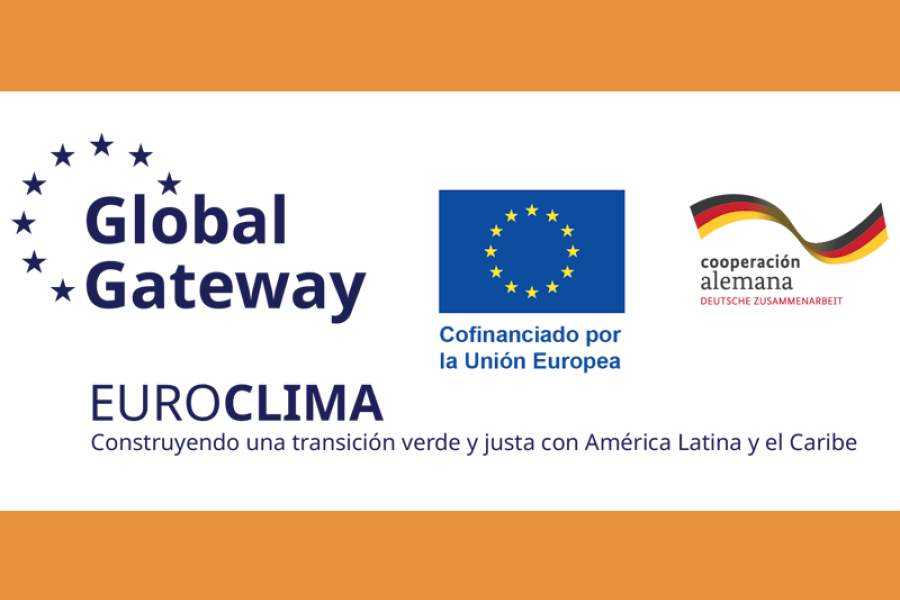The economics of climate change in Latin America and the Caribbean: Paradoxes and challenges. Overview for 2014
The economics of climate change in Latin America and the Caribbean: Paradoxes and challenges. Overview for 2014
- Publication type: ECLAC Headquarters, Santiago (Studies and Research Papers)
- Publication corporate author (Institutional author): NU. CEPAL. División de Desarrollo Sostenible y Asentamientos Humanos; Comisión Europea
- Physical description: 76 páginas.
- Publisher: ECLAC
- UN symbol (Signature): LC/L.3895/Rev.1
- Date: 1 November 2014
Abstract
The current global development style is not sustainable considering its simultaneous impact on economic, social and environmental conditions, as reflected fully in the climate change challenge.
Climate change, which is being brought about essentially by anthropogenic greenhouse gas emissions, is already discernible in such phenomena as a rise in average global temperatures, alterations in precipitation patterns, rising sea levels, the shrinking cryosphere and changes in the pattern of extreme weather events (IPCC, 2013). There is evidence that the mean global temperature rose by 0.85°C over the period from 1880 to 2012 and, in the most probable scenarios, the average is projected to climb by between 1°C and 3.7°C during this century, with the increase amounting to between 1°C and 2°C by 2050. Some extreme regional scenarios predict even higher temperature rises. To date insufficient progress has been made in reducing greenhouse gas emissions in order to stabilize climate conditions, and the effects of climate change that are expected to arise during this century therefore appear to be increasingly unavoidable. The only possible solution to climate change entails a global agreement in which all countries take part.
Table of contents
- Foreword
- Executive summary
- I. Introduction
- II. Climate change: concepts and the basic numbers
- III. Adapting to climate change: from the unavoidable to the sustainable
- IV. Sustainable development and mitigation strategies in the global economy
- V. The transition to an egalitarian, low-carbon economic growth path: the public/private matrix
- VI. Conclusions.
